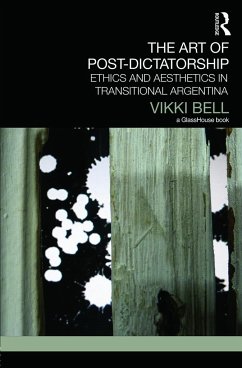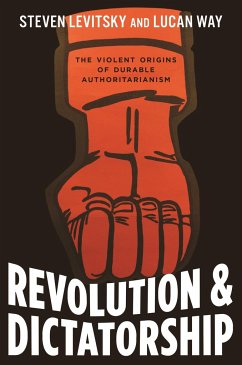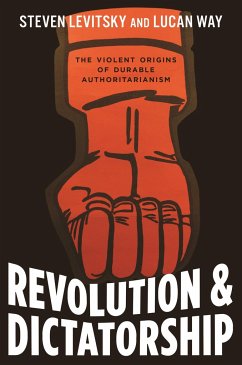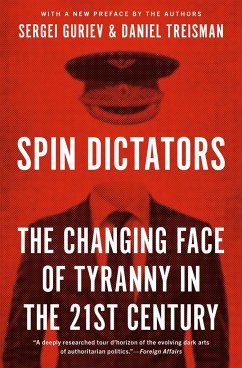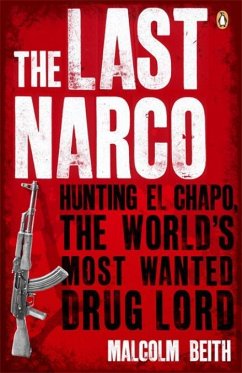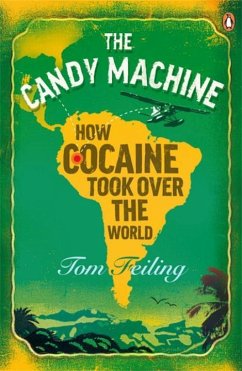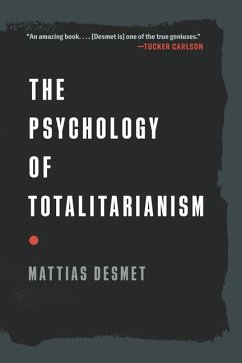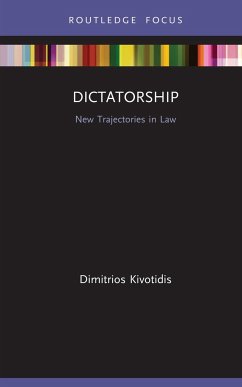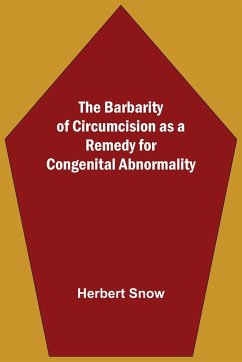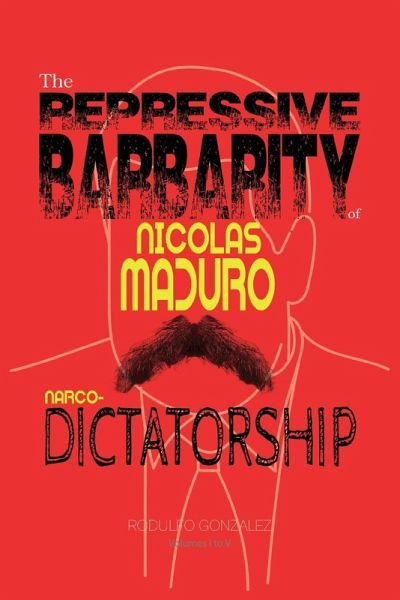
The Repressive Barbarity of Nicolas Maduro Narco-dictatorship

PAYBACK Punkte
25 °P sammeln!
I will not get tired of repeating it: the relations of Lieutenant Colonel (retired) Hugo Chávez and his pupil, the narco-dictator Nicolás Maduro, with the National Constitution have been incestuous. Article 68 of "La Bicha," as the former coup leader, who on February 4, 1992, led a failed coup d'état against then-President Carlos Andrés Pérez, scornfully referred to the Republic Constitution, establishes that "Citizens have the right to demonstrate, peacefully and without weapons, without any requirements other than those established by law. The use of firearms and toxic substances in the...
I will not get tired of repeating it: the relations of Lieutenant Colonel (retired) Hugo Chávez and his pupil, the narco-dictator Nicolás Maduro, with the National Constitution have been incestuous. Article 68 of "La Bicha," as the former coup leader, who on February 4, 1992, led a failed coup d'état against then-President Carlos Andrés Pérez, scornfully referred to the Republic Constitution, establishes that "Citizens have the right to demonstrate, peacefully and without weapons, without any requirements other than those established by law. The use of firearms and toxic substances in the control of peaceful demonstrations is prohibited." However, in January 2009, in contravention of this constitutional right, Chávez ordered the use of "good" gas against the student demonstrations. For the narco-dictatorship, all opposition and society demonstrations, even if they are peaceful, become violent due to the presence of the collectives that are part of the PSUV , since it infiltrates armed elements of that parapolice organization in order to justify the criminal action of the extermination organisms, that is, the National Guard, the SEBIN and other components of the Armed Forces. This work, a contribution to the historical memory of "castro-chavista-madurista-militarist" barbarism, has been written entirely with cases that I have pulled from the Web and its fundamental purpose is to take them out of their digital hiding place, order and give them the form of a book so that new generations, those who since 1999 to date, May 2002, have known only two sinister faces in the presidency of the Republic, that of Lieutenant Colonel (retired) Hugo Chávez, who threatened to be in power forever, and that of the narco-dictator Nicolás Maduro, a bus driver of the Caracas Metro that Chavez designated as his successor, who has been efficient in the destruction of the country which his political mentor began and that could not conclude because his death in December 2012, or in March 2013, depending on the version used by readers to document. Each text has been referenced. The photographs on the cover and the texts have the same digital origin and I declare it.




